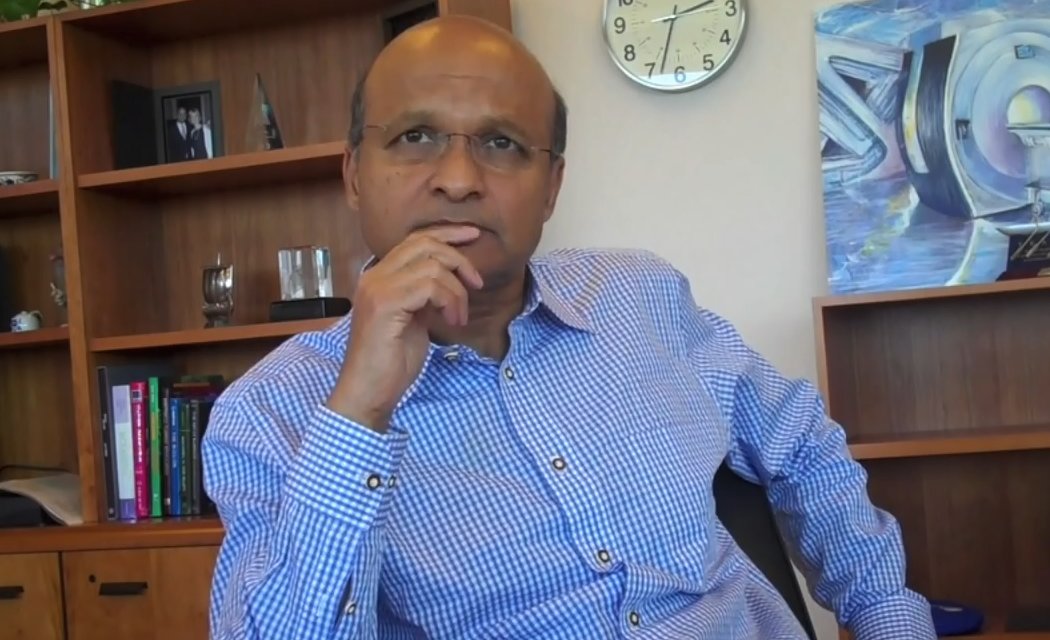Medtronic’s retiring Chairman & CEO, Omar Ishrak, who has led the world’s largest pure-play medtech company from mid-2011, was in San Francisco Monday addressing investors one final time at the J.P. Morgan Healthcare Conference.

With the Rise of AI, What IP Disputes in Healthcare Are Likely to Emerge?
Munck Wilson Mandala Partner Greg Howison shared his perspective on some of the legal ramifications around AI, IP, connected devices and the data they generate, in response to emailed questions.
The nearly nine-year tenure has been successful especially given the fact that Ishak was hired away from GE Healthcare to effect a turnaround. And when he joined, it became only the second time in the then Minnesota (now Dublin, Ireland-based) company’s 62-year history that a complete outsider took over the reins at the medical device company.
Along the way, Ishrak had to deliver on his promise to grow emerging market revenue, navigate the world of value-based care and steer Medtronic through some troubled waters while stabilizing many businesses that analysts had written off, including Medtronic Spine. And of course, oversee the massive purchase of Covidien.
Under his watch, Medtronic’s stock price went from around $38 in mid-2011 to around $118 today. Yet, knowing that Ishrak must be mulling over his legacy, I thought to ask him whether he had any regrets even though he has had such a successful stint at Medtronic. And this is how he answered:
So repeating the question – (she said) lots of good things about me and then do I have any regrets. [room breaks out in laughter]
Really, look I have thought about that quite a bit. There are lots of things I could have done better. There’s no shortage of that in retrospect. But perhaps I should have paid closer attention to free cash flow. We got too focused on the adjusted EPS number and the fact that the free cash flow is just there and everything is open in terms of currency and one-time events and all of that. We could hvae done better. I don’t know that it could have been perfect but we could have done better if we just paid more attention. And we’ve seen how quickly we moved the needle on that by getting everyone engaged. We could have done that two years before that or three years before that. So I think that would have made a big difference to the credibility of the company … so if I were to pick one area, that would be it.
Later, Medtronic’s chief financial officer — Karen Parkhill — said that the company’s management “remains committed to returning greater than 50 percent of its free cash flow to shareholders” in the form of dividends.
While Ishrak was looking back, incoming CEO and former GE Healthcare alum Geoff Martha was naturally looking ahead.
We are a company five years almost to the day of the closing of the Covidien transaction. We doubled the size of the company in terms of people and it was a big increase in revenue. We took out a lot of costs but as we look at the company now … I think there are some opportunities to simplify the company. In certain pockets of the company, there’s probably too much bureaucracy and so simplifying that is one thing we would like to go after.
Martha added that Medtronic as a company has been very focused on being first to develop new markets and products only to fall behind competitors and so he intends to be more cognizant of securing and retaining market share in the future.
Martha will get a chance to do so when he takes over the reins from Ishrak on April 27, the start of the company’s new fiscal year when Ishrak will transition to a new role of executive chairman.















